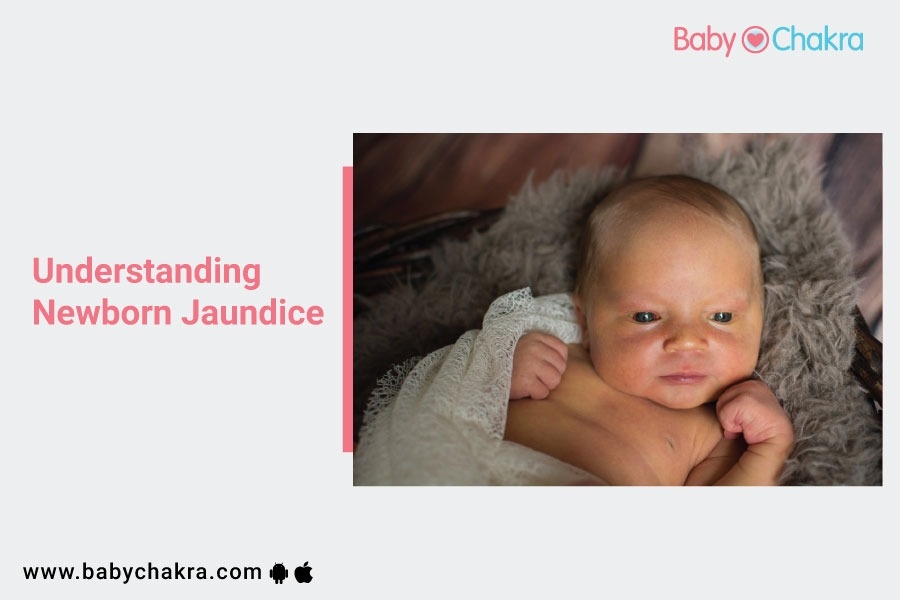
Understanding Newborn Jaundice
11 Oct 2021 | 2 min Read
Dr B P Arneja
Author | 1 Articles
Newborn Jaundice is common amongst newborn babies, indicating the yellowing of a baby’s skin and eyes. It occurs when babies have a high level of bilirubin. However, newborn jaundice goes away as the baby’s liver starts developing and the baby starts taking the mother’s milk that helps bilirubin pass through the body.
In general, jaundice disappears within two to three weeks, but if it persists more than this time frame, it may indicate the presence of any underlying condition. Please note that high bilirubin levels can put a baby at risk of deafness, cerebral palsy, or any other form of brain damage.
What Causes Newborn Jaundice?
Newborn babies usually get jaundice in the following situations:
- When they are prematurely delivered (before 37 weeks of gestation).
- When they do not get enough breast milk or formula milk due to lactation problems, tongue-tie, or mother being unable to feed.
What Are the Symptoms of Newborn Jaundice?
The first sign of jaundice is the yellowing of the skin and eyes. This symptom may start appearing after 2-3 days of the baby’s birth and mainly from the baby’s facial skin. Bilirubin levels get up more likely after 3 – 7 days. One can check the presence of jaundice by pressing the newborn skin gently with the index finger. If that skin area turns yellow, it indicates the presence of jaundice.
How is Newborn Jaundice Treated?
Mild jaundice usually goes away on its own once the liver of the baby matures. Additionally, frequent feedings (between 8 to 12 times a day) will help the baby pass bilirubin through its body.
Other than these above two methods, doctors suggest Phototherapy as one of the effective methods to treat newborn jaundice. Phototherapy uses light to break down bilirubin levels in a baby’s body. The baby is placed under a blue spectrum light in the phototherapy method wearing only a diaper and special protective goggles.
An exchange transfusion may be required in severe cases wherein a baby receives small amounts of blood from a donor. This process replaces the baby’s damaged blood cells with healthy ones.
In case you have a concern or query you can join my live chat & get answers to your questions!
A


Related Topics for you
Suggestions offered by doctors on BabyChakra are of advisory nature i.e., for educational and informational purposes only. Content posted on, created for, or compiled by BabyChakra is not intended or designed to replace your doctor's independent judgment about any symptom, condition, or the appropriateness or risks of a procedure or treatment for a given person.
